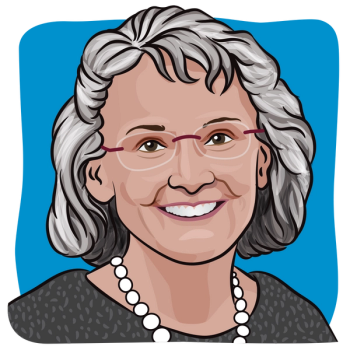
I am a big believer in the proverbial toolbox.

I had acute myeloid leukemia in 2016 and tackled it with chemo. I had a recurrence in 2020 and tackled it with chemo and a bone marrow transplant.
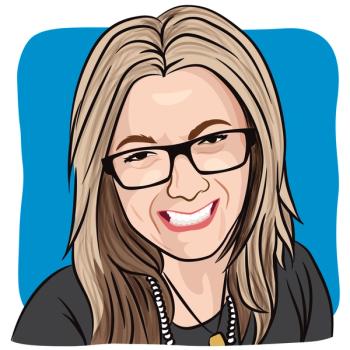
Over the years, I have found social media to be a powerful tool for connecting people with Lynch syndrome.
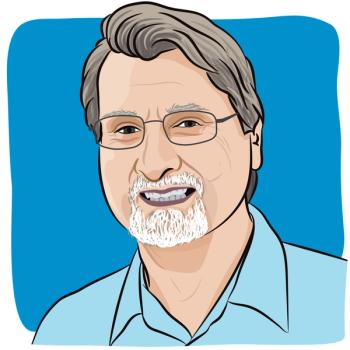
The day before I was diagnosed with prostate cancer, I didn’t pay enough attention to my brother-in-law’s arduous journey with Parkinson’s disease.

A year ago, I attended a cancer camp called Camp Make-a-Dream, and I found a specific calling: creativity in jewelry.

The countdown to my CT scan has begun.
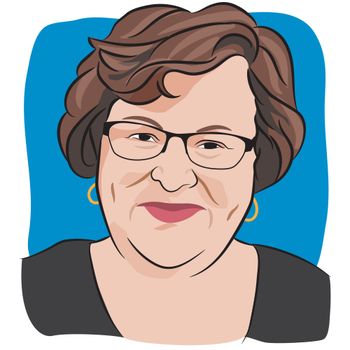
After a certain amount of time in the day, bras become devilish and must be removed immediately!

Don’t waste your cancer.
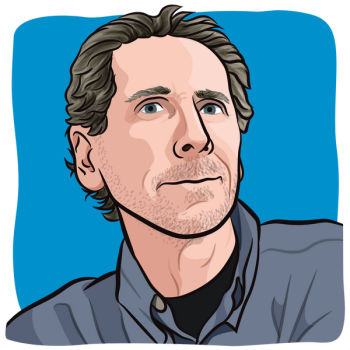
The importance of cascade genetic testing has led me to advocate through my artwork.

“I flow, I change constantly, I am my grief, I am my joy, I am human, I am divine light, I can submerge when I make the time.” — Shosh Madick.

One of the most common side effects of cancer treatment must be the chills, feeling cold all the time.
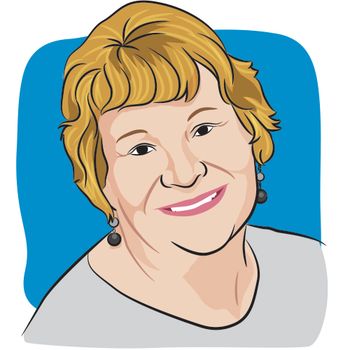
I was devastated when I had to stop working due to my cancer diagnosis. However, I eventually found a new line of work that I'm grateful for.
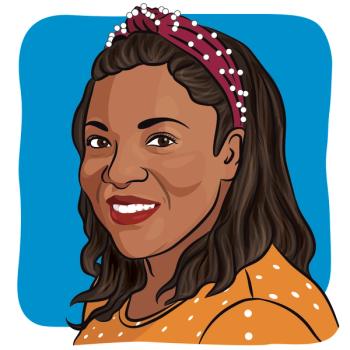
I’ve heard of many stories of friendships dwindling after someone has been diagnosed with cancer. One thing about it is that I can relate.
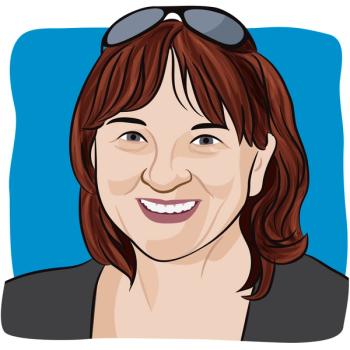
When my daughter was going through cancer, I realized that connecting with one her peers going through a similar experience was incredibly helpful.

Enjoying things right in front of me.
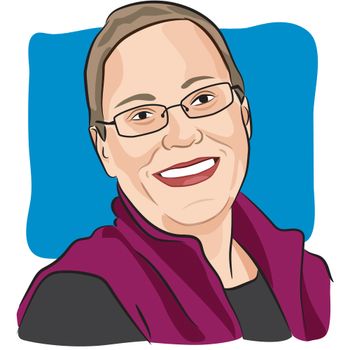
Here’s a new term for me: Response shift.
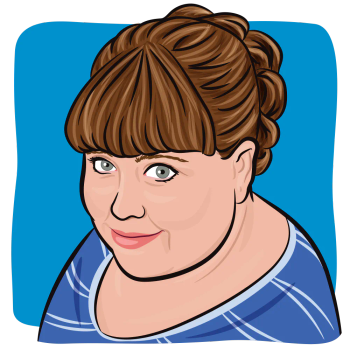
No one talks about the “rabbit hole” that patients with cancer experience, even as time passes.
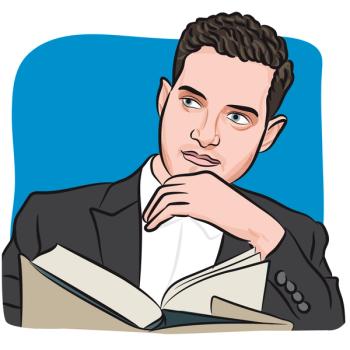
I spent most of the past decade obsessed with self-preservation. After being diagnosed with osteosarcoma, a rare and aggressive bone cancer, this was necessary for my survival.

Once the lid came off Pandora's Jar, I had a lot to learn to live with, and it has not been easy.

My mom kept me safe from everything, until cancer showed her she couldn’t.

After being diagnosed with lung cancer, I found a group of patients with a similar diagnosis to me. Together, we protect each other like the clown fish and anemone at the bottom of the sea.
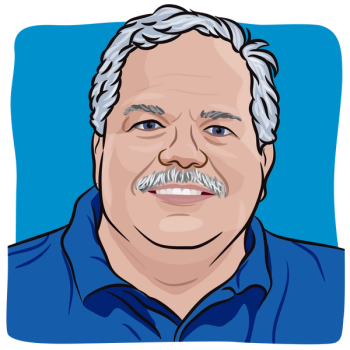
If it wasn’t for my friends and family, I don’t know how I would have gotten through cancer alone.

It’s strange how an event can unfold on the national stage, and it validates something that you have been pointing out for years.
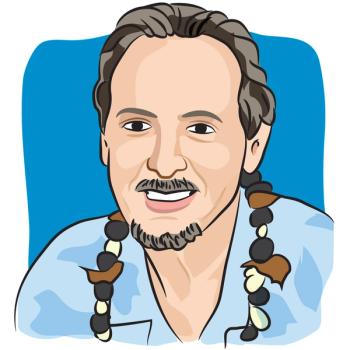
New cancer treatments have offered me hope.
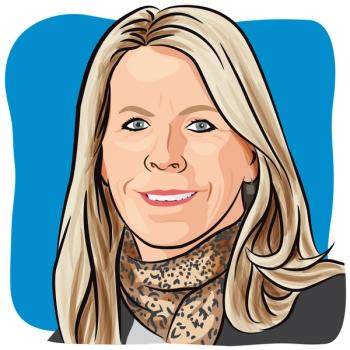
Sometimes difficult experiences like cancer can come with blessings in disguise.

I am so happy that I was able to celebrate my wedding anniversary with my biggest supporter.
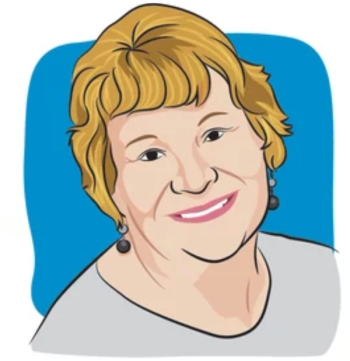
The bonds that you make with your doctors can last a lifetime, and I’m so glad to call many of them a friend.

After recovering from a bone marrow transplant to tackle a recurrence of acute myeloid leukemia, I started to volunteer.
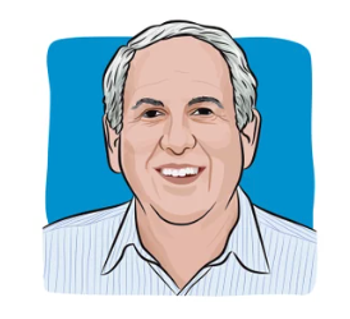
Most of us dread, simply dread, hearing the words, “I’m sorry you have cancer.” I did.

Even though I did smoke cigarettes, I made sure that I didn't smoke enough to get cancer from it.